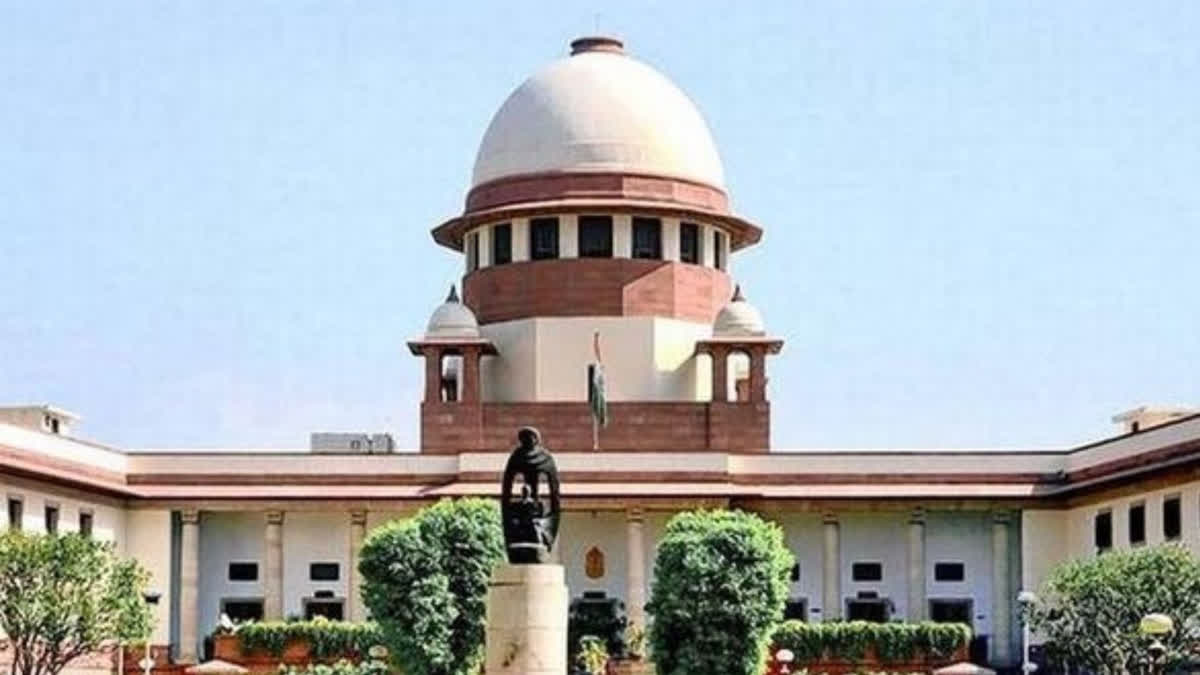New Delhi: The Supreme Court on Wednesday began hearing a batch of petitions challenging the abrogation of Article 370 of the Constitution, which bestowed special status on the erstwhile state of Jammu and Kashmir.
As the hearing went on, the apex court asked senior advocate Kapil Sibal representing the petitioners challenging the abrogation whether it is possible for an elected assembly to abrogate Article 370, which bestowed special status on the erstwhile state of Jammu and Kashmir.
Sibal stressed that Article 370 was tossed out of the window through a political act and not through a constitutional procedure. Sibal, representing Mohd. Akbar Lone who is one of the petitioners who had challenged the decision to abrogate Article 370, submitted before a five-judge constitution bench headed by Chief Justice of India D Y Chandrachud that the purpose of Article 356, under which the President’s rule is imposed in a state, is supposed to be a temporary position and is not intended to decimate democracy.
Sibal contended before the bench – also comprising justices S K Kaul, Sanjiv Khanna, B. R. Gavai, and Surya Kant – that clause 3 of Article 370 envisioned that the constituent Assembly must play a role in the abrogation of Article 370. The Chief Justice orally observed that the acceptance of the sovereignty of the dominion of India was complete for all intent and purposes and the constituent assembly of Jammu and Kashmir reserved some rights over certain legislative subjects only, and they said that in clause 3, the President would have the right to abrogate Article 370.
Sibal replied that in clause 3 of Article 370, the constituent assembly has been specifically mentioned which shows the intent for it to play a role in the abrogation of Article 370, and stressed that the court has to see the historical perspective in which they signed the Instrument of Accession. Sibal said that nobody disputes that they are integrated into India but subject to a constitutional provision.
At this juncture, Justice Kaul queried Sibal, 'If an elected assembly wants to abrogate Article 370 then also it is not possible?’ Sibal replied, "Not possible". The Chief Justice said that this argument only stands if it is accepted that Article 370 becomes permanent after the constituent assembly ceases to exist. The Chief Justice further queried, can a Parliament of the state to which it has agreed to merge into have limited powers in the state?
The bench queried Sibal, "So you are saying that after 1957, Article 370 could not be abrogated? And even after the completion of the constituent assembly tenure, clause 3 of Article 370 will continue to operate." The bench further queried: "What happens after constituent assembly lapses, as it was supposed to be functional only from 1950 to 1957". The Chief Justice said, “No constituent assembly can have an indefinite life…”
